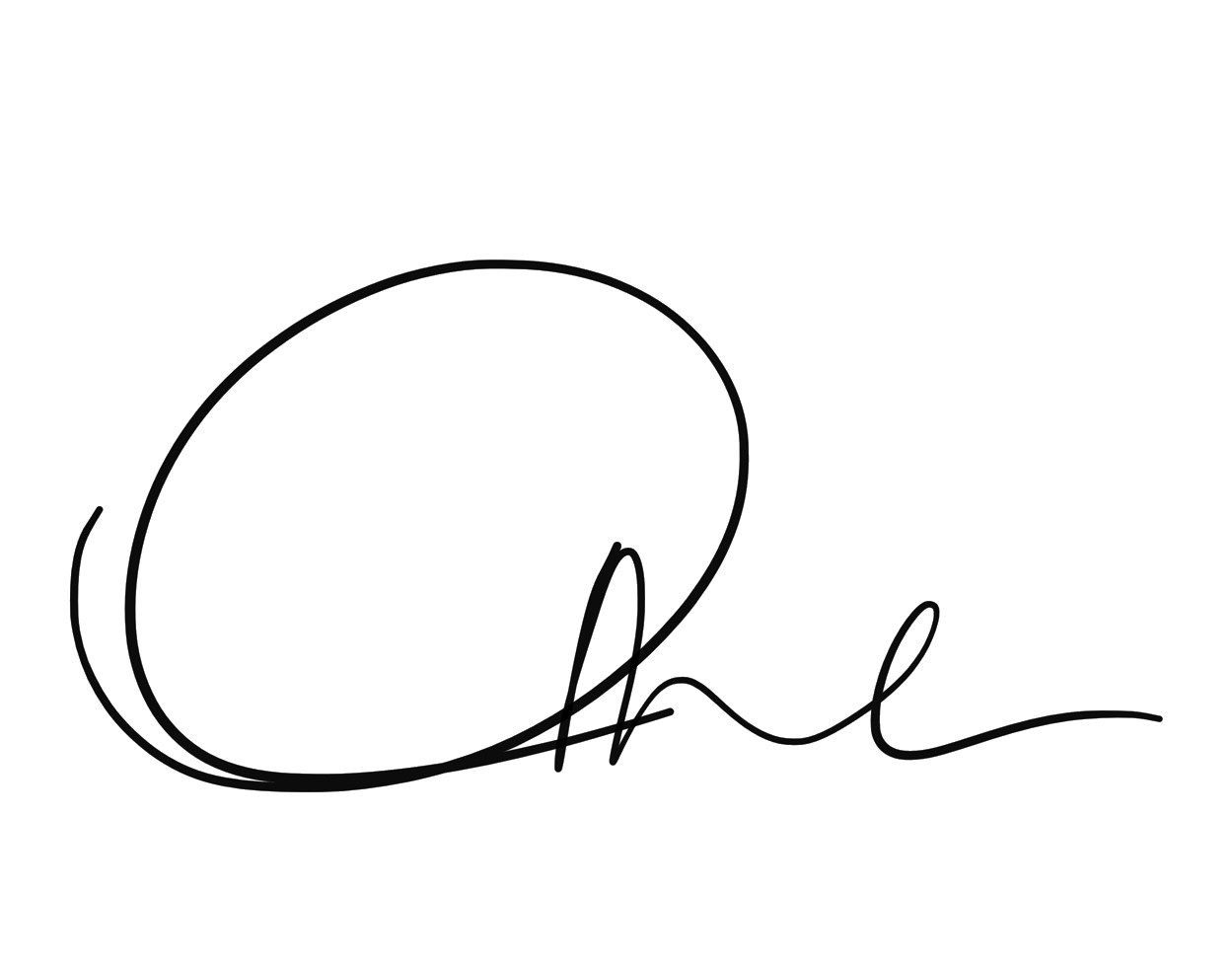We learn more by looking for the answer to a question and not finding it than we do from learning the answer itself.
- Lloyd Alexander
Oops, I did it again! I made the mistake of offering unsolicited advice. It was in the context of a meeting with a client, so you may think, Anne, it’s okay, isn’t this part of your job?
Well, it is, technically, as I am a coach and a consultant. I switch hats depending on the needs or the tools that can deliver the best results. When I consult, I can pull on my experience and resources. However, in that case, a small group was gathered, and we landed unexpectedly on the topic of internal conflicts across departments.
While I have expertise in people management, the kind of advice I offered was the worst kind. It was a shortcut of sorts.
As in, I listened, asked a couple of questions and went straight to: “I know what you need, do this. If you do that, you’ll not only fix the issue, but the team will feel stronger.”
My advice was good (if I may say so here). It failed to land (the client hasn’t made a move on this, and it’s been weeks now). As you know, we often don’t listen to advice. Either because it comes from an external source, because it’s unsolicited or because, generally speaking, we fail to see how it fits our own situation. Or because sometimes we’d rather stick our heads in the sand a while longer and wait to see if the issue disappears on its own. It rarely does.
The client didn’t say: “Anne, what would you do?”
I could have listened and then asked if they wanted my opinion. I’d have done better using coaching tools and asked, with empathy:
How much is this affecting you?
What do you think you could do to solve this problem?
What do you need to make this work?
What is the cost of leaving this issue unresolved?
EMPATHY VS TIME
Advice is a shortcut when we are short on time, or when we actually don’t want to explore (or listen to) someone else’s situation in depth. By offloading an opinion, we get to move along swiftly and shift subjects to what matters to us:
“Oh, I would not do that. No, you should do this. So what were the quarterly sales like?”
I should know better; I hate it when the situation is reversed.
An old friend occasionally will ask how I am doing on a specific topic, only to cut short our conversation by announcing why I should have done or should be doing something differently.
With a look that says: “Poor girl, she doesn’t know any better,” he graces me with his personal opinions, regularly failing to empathise and putting himself in my shoes. As a result, I tend to skirt around personal subjects in order not to experience more of his lightly veiled judgement.
Sadly I can draw a slight parallel with my own behaviour here. When I advance my own agenda in conversation with clients (aka when I think I know better), I occasionally forget to put myself in their shoes. Instead, I make statements full of confidence, completely forgetting that position of empathy. And the common thread is time. When I feel rushed, I’ll cut corners.
So this client isn’t wrong to be leaving my advice out of their HR strategy. First, because that’s not what I was hired for (I am a ‘touche a tout’ because of my generalist background, and here I was touching an area that was not within my scope), and whilst employee conflict does affect the area I am involved in (business development and communication) no one had requested my opinion. And yet here we are.
When all I needed to do was to point out that this seemed to be a sticky situation that deserved attention, perhaps even to take priority over our agenda of the day.
That day, sitting at the boardroom table, I forgot to pause. The problem my client has is real. But it deserved its own time and space and conversation.
With the clock ticking and a dozen pairs of eyes on me, I reacted.
Rushing to my solution instead of asking: “Should we make time for this, or would you like to move on to our agenda?” That simple inquiry could have opened the door for collaborative exploration of a way out.
Sure, my shortcut version, if it had been applied, would have saved us time.
But in all of life, including at work, what matters is the often messy journey we are on, not just the results. Helping the client figure out how to find their own way through would take more time, and crucially for my ego, it would perhaps not be done the way I’d do it. But they’d forge their own path through to the clearing, feeling heard and respected in the process.
Beyond profitability, at work and everywhere else, the game of life is about how we show up for each other, wherever we sit in a company (or outside one).
We exist in relationship with each other; our results are shaped by the quality of our interactions.
“A good question is never answered. It is not a bolt to be tightened into place but a seed to be planted and to bear more seed toward the hope of greening the landscape of idea.” – John Ciardi
So here’s a reminder to stop talking, pause and ask, ‘what do you need?’ instead of wielding advice. Especially when no one has requested it.
Until next week.





